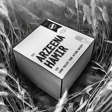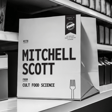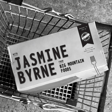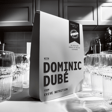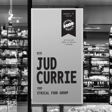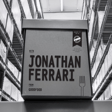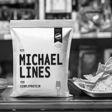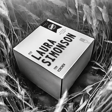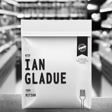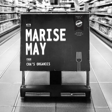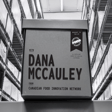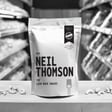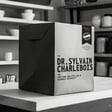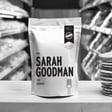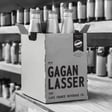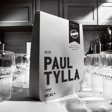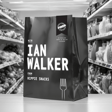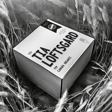
Krista Pineau | EcoCERT Canada
Each and every episode of Aisle 42 highlights the intersections between sustainable food and beverage making, the industry the supports them and consumers that give a damn about our health and the world around us.
In this conversation with Krista from EcoCERT Canada we cover some really interesting ground around food growing and manufacturing, biodiversity, respect for the planet, and how ethical practices can impact the souls of those behind our food supply chain.
We'll also delve into the wonderful world of Fair for Life certification.
Whether you're curious about how certification processes work or interested in how they impact the food you buy, this episode will make you think differently about your next trip to the grocery store.
To learn more about how Krista’s beloved certification is making the word a better place go to https://fairforlife.org.
To learn about who is behind this podcast go to: https://www.ethicalfoodgroup.com/podcast
Here’s a summary of this interview:
Vision for the Future Grocery Store: Krista imagines a grocery store that emphasizes diversity in food, packaging, and architecture, promoting sustainability and respect for people and the planet.
EcoCERT Overview: EcoCERT is an international certification body focused on sustainability, with a range of standards, including organic certifications and Fair for Life, among others.
Role of Certifications: Krista emphasizes the importance of certifications like Fair for Life in ensuring that products meet high environmental and social standards, particularly in fair trade practices.
Fair for Life Certification: This certification goes beyond traditional fair trade, emphasizing social and environmental responsibility, as well as robust relationships between producers and buyers.
Challenges in Consumer Understanding: Communicating the complexity of certifications like Fair for Life to consumers through a simple logo is a significant challenge, but it's crucial for transparency.
Importance of Diversity in the Supply Chain: Krista advocates for diversity across the entire supply chain, from sourcing and production to packaging and store design, to support sustainability.
Certification Standards and Global Consistency: Krista's role involves ensuring that certification standards are applied consistently worldwide, regardless of where the certified operations are located.
Audit and Label Fatigue: EcoCERT is aware of the challenges companies face with multiple certifications and audits, and they are working to streamline processes to reduce this burden.
Support for Smaller, Committed Brands: Fair for Life certification is more stringent and often appeals to smaller brands that are deeply committed to ethical practices.
Future of Fair for Life: While Fair for Life may not reach the mass marketing levels of other certifications, it remains a crucial standard for ensuring transparency and ethical practices in the food system.
